How Do Soccer Contracts Work? Explained In Simple Terms
If you are wondering how do soccer contracts work – this is for you.
Soccer contracts are the cornerstone of player-team relationships in the world of soccer. Whether it’s the glitz and glamour of top-tier leagues or the grassroots of semi-professional soccer, contracts outline the terms, conditions, and obligations for both players and clubs.
Understanding how soccer contracts work is essential for players, clubs, and fans alike, as they shape the dynamics of player movement, team building, and the overall landscape of the sport.
Let’s dive into the soccer contracts and explain how they work in simple terms that anyone can understand.
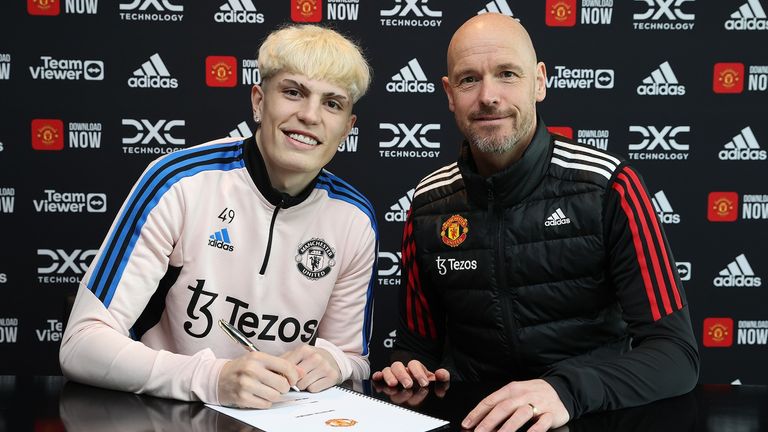
How Do Soccer Contracts Work
In this article, you can read through all 5 sections or skip ahead to the topics that are most important to you. Make sure to stick around until the end, watch the video tutorial, and get your special free gift that is guaranteed to make you a better player.
- How do contracts work in soccer
- How long are soccer contracts
- How do European soccer contracts work
- How do professional soccer contracts work
- How to become a better soccer player, improve faster & achieve more
I hope this article gives you all you need about how do soccer contracts work – Let’s get started!
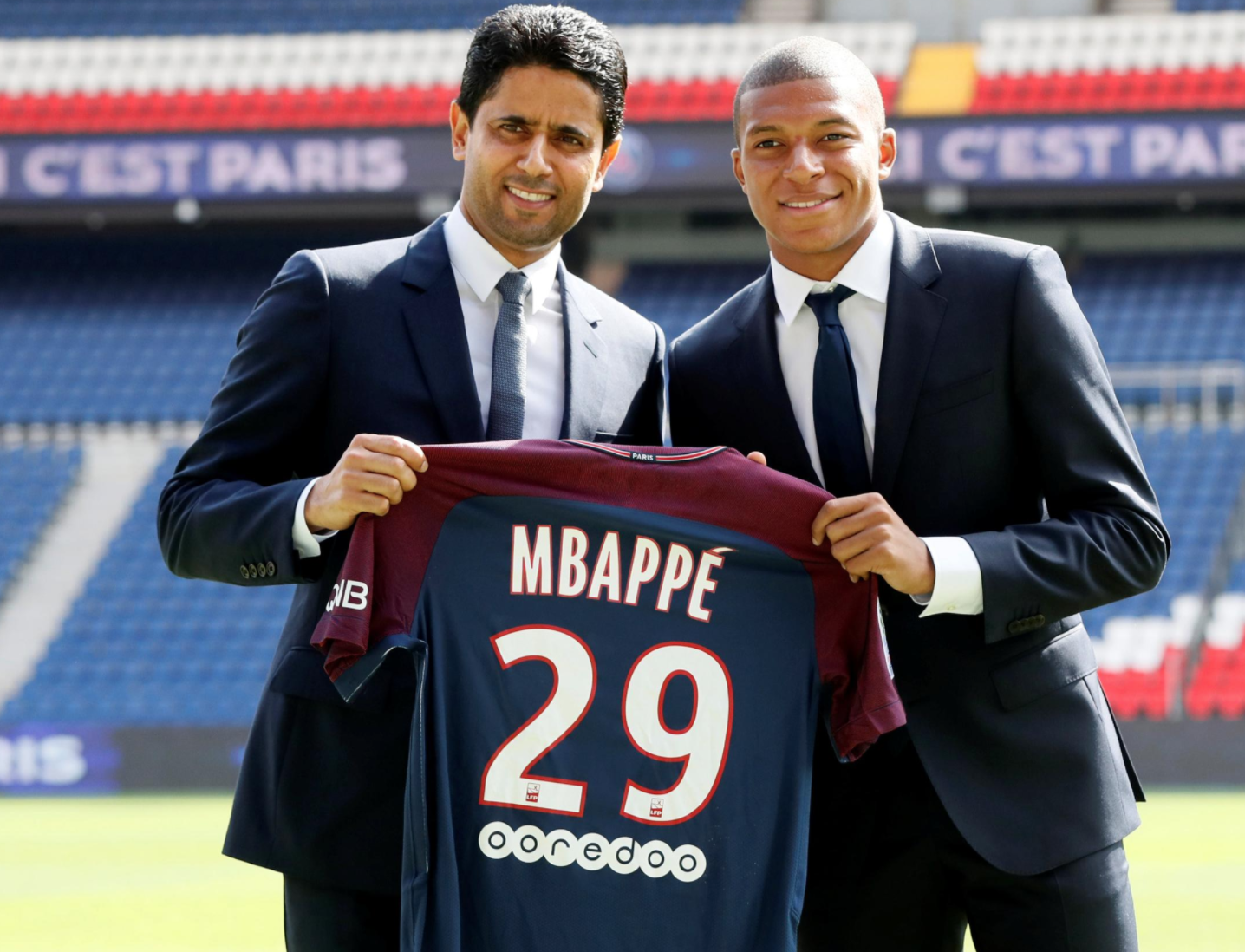
How Do Contracts Work In Soccer
In soccer, contracts are the backbone of player-team relationships, outlining the terms, conditions, and obligations for both parties involved. Here’s a breakdown of how soccer contracts work:
- Agreement Between Player and Club: A soccer contract is a legally binding agreement between a player and a club. It specifies the duration of the contract, the player’s salary, bonuses, and other benefits, as well as the responsibilities of both the player and the club.
- Contract Length: Contracts can vary in length, typically ranging from one to five years. Shorter contracts offer more flexibility for players to negotiate better terms or move to another club sooner, while longer contracts provide stability and security.
- Salary and Bonuses: The contract outlines the player’s salary, which is usually paid on a monthly or weekly basis. Additionally, bonuses may be included for achieving certain milestones, such as winning a league title or scoring a certain number of goals.
- Release Clauses: Some contracts include release clauses, which allow the player to leave the club if a specific release fee is met. This provides players with an opportunity to move to a new club if they receive a better offer or if certain conditions are met.
- Agent Representation: Many players choose to have agents negotiate their contracts on their behalf. Agents help players secure the best possible terms and ensure that their interests are protected throughout the negotiation process.
- Contract Renewal and Extension: Towards the end of a contract, players and clubs may negotiate a renewal or extension. This process involves revising the terms of the existing contract or negotiating a new contract altogether.
- Loan Deals: In some cases, players may be loaned out to other clubs for a specified period. Loan deals involve temporary transfers, where the player continues to be contracted to their parent club but plays for another club for the duration of the loan.
- Termination and Transfer: Contracts can be terminated by mutual consent between the player and the club. Additionally, players may be transferred to another club if both parties agree to the transfer fee and terms.
Understanding the ins and outs of soccer contracts is essential for players, clubs, and fans alike, as they dictate the dynamics of player movement and team building within the sport.

How Long Are Soccer Contracts
Soccer contracts vary in length depending on various factors, including the player’s level of experience, age, performance, and the preferences of the club. Here’s a general overview of the typical lengths of soccer contracts:
- Short-Term Contracts: Short-term contracts usually span one to two years. These contracts provide flexibility for both players and clubs, allowing them to reassess their options and negotiate new terms relatively frequently.
- Mid-Term Contracts: Mid-term contracts typically range from two to four years. These contracts offer a balance between stability and flexibility, providing players with a sense of security while allowing clubs to plan for the medium term.
- Long-Term Contracts: Long-term contracts extend beyond four years and can sometimes last up to five years or more. These contracts offer players a higher level of security and stability, as they are locked into a longer-term commitment with the club.
- Youth Contracts: Younger players often sign shorter-term contracts, typically lasting one to three years. These contracts allow clubs to assess the player’s development and potential before offering more long-term commitments.
- Elite Players: Elite players, such as those playing at the highest levels of the sport, often negotiate longer-term contracts, sometimes spanning five years or more. These contracts reflect the player’s value to the club and provide them with substantial financial security.
- Loan Deals: Loan deals involve temporary transfers, and the length of the loan contract can vary depending on the agreement between the parent club, the loaning club, and the player. Loan contracts can range from a few months to a full season or more.
Ultimately, the length of soccer contracts is determined through negotiations between the player and the club, taking into account various factors such as the player’s career aspirations, the club’s financial situation, and the competitive landscape of the sport.
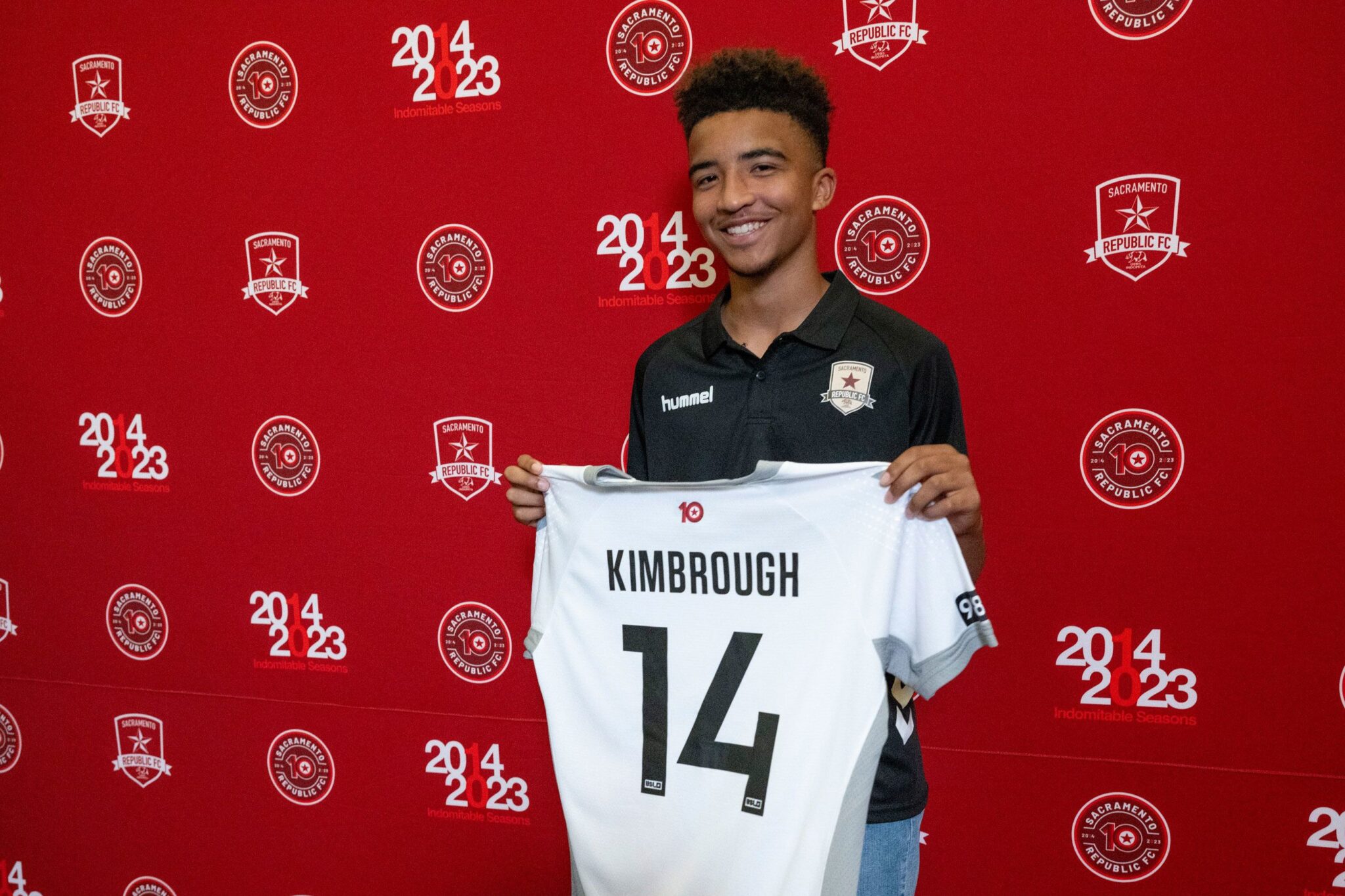
How Do European Soccer Contracts Work
European soccer contracts operate under similar principles as contracts in other parts of the world, but there are some differences influenced by regional regulations, club traditions, and the competitive landscape. Here’s how European soccer contracts typically work:
- Regulatory Framework: European soccer contracts are subject to the regulations set forth by governing bodies such as UEFA (Union of European Football Associations) and national football associations. These regulations govern various aspects of player contracts, including transfer rules, registration periods, and financial fair play.
- Transfer Windows: In Europe, player transfers are generally conducted during specific transfer windows designated by FIFA and national football associations. Clubs can only buy, sell, or loan players during these transfer windows, which typically occur during the offseason and midway through the season.
- Bosman Ruling: The Bosman ruling, established by the European Court of Justice in 1995, has had a significant impact on European soccer contracts. This ruling allows players to move to a new club at the end of their contract without a transfer fee once their contract has expired. It also prohibits clubs from preventing players from joining a new club after their contract ends, provided certain conditions are met.
- Solidarity Mechanism: In European soccer, a solidarity mechanism is in place to compensate clubs that have contributed to a player’s training and development. When a player is transferred before the expiration of their contract, a percentage of the transfer fee is distributed to the clubs involved in the player’s training and development during their formative years.
- Youth Contracts: European clubs often sign promising young players to youth contracts, which typically include provisions for training, education, and development. These contracts may have shorter durations and different terms compared to contracts for senior players.
- Club and Player Rights: European soccer contracts outline the rights and obligations of both the club and the player. This includes details such as salary, bonuses, contractual obligations, release clauses, and dispute resolution mechanisms.
While there are commonalities in how soccer contracts are structured across the globe, European soccer contracts are influenced by specific regulations, traditions, and market dynamics that differentiate them from contracts in other regions. The Bosman ruling, transfer windows, and solidarity mechanism are some of the key factors that shape the landscape of European soccer contracts.
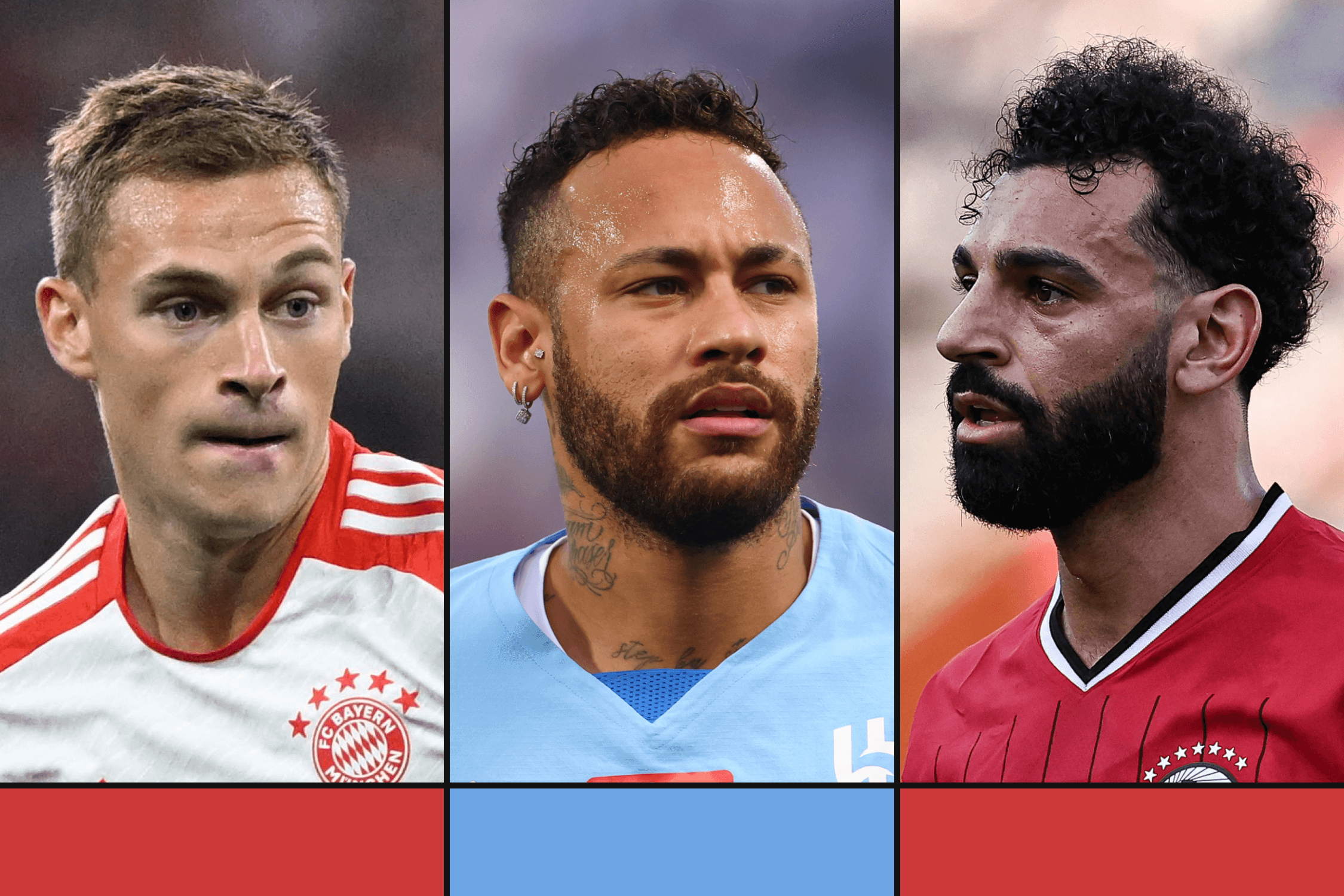
How Do Professional Soccer Contracts Work
Professional soccer contracts vary depending on the level of competition, with differences between top-tier professional leagues, lower divisions, and semi-professional levels. Here’s an overview of how professional soccer contracts work across different levels:
- Top-Tier Professional Leagues: In top-tier professional leagues such as the English Premier League, La Liga, Serie A, Bundesliga, and Ligue 1, contracts tend to be more lucrative and comprehensive. Players in these leagues typically earn higher salaries, enjoy better benefits, and have access to top-tier facilities and resources. Contracts in these leagues often include multi-year deals, substantial signing bonuses, performance-based incentives, and various other perks such as housing and transportation allowances.
- Lower Divisions: In lower divisions of professional soccer leagues, such as the English Championship, Serie B, or Liga 2, contracts may be less lucrative compared to top-tier leagues but still offer players the opportunity to earn a living through soccer. Salaries and benefits in lower divisions are generally lower than those in top-tier leagues, and contracts may be shorter in duration. However, players in lower divisions still enjoy the status of being professional athletes and have access to professional training, coaching, and facilities.
- Semi-Professional Leagues: In semi-professional leagues, players may receive compensation for their participation in soccer but may also have other sources of income or employment outside of the sport. Contracts in semi-professional leagues vary widely in terms of salary, benefits, and duration. Some players in semi-professional leagues may have part-time contracts that provide a modest income, while others may have full-time contracts that offer more substantial compensation.
- Amateur and Non-Contract Players: In amateur soccer leagues and non-contract arrangements, players typically do not receive financial compensation for their participation in soccer. Instead, they may play for the love of the game or as a hobby while pursuing other careers or interests. These players may not have formal contracts with clubs but may still be subject to certain rules and regulations set forth by governing bodies and leagues.
Overall, the structure and terms of professional soccer contracts vary depending on the level of competition, financial resources of the clubs, and regulations of the governing bodies. Top-tier professional leagues offer the most lucrative contracts, while lower divisions and semi-professional leagues provide players with varying degrees of financial compensation and professional opportunities.
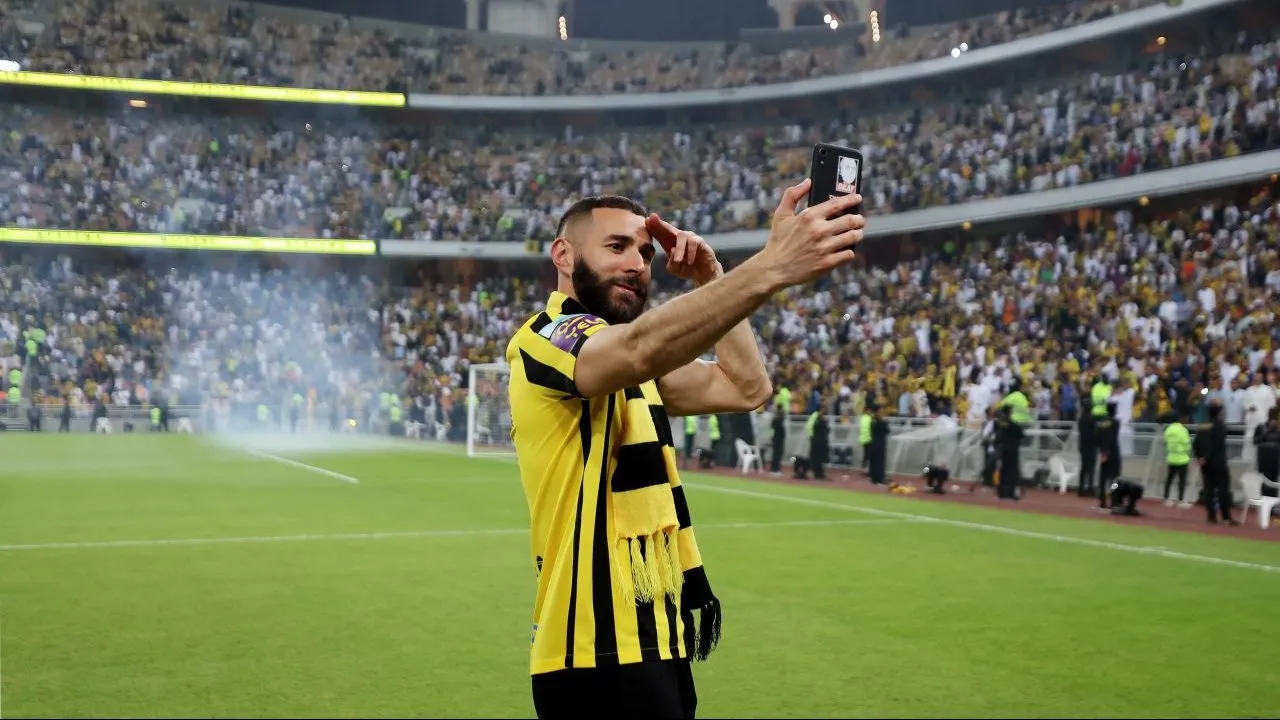
Soccer Contracts Explained
In the world of soccer, contracts are more than just legal documents—they are the lifeblood of the sport.
From the high stakes of top-tier professional leagues to the passion-driven matches of semi-professional soccer, contracts govern the relationships between players and clubs, dictating everything from salaries and bonuses to transfer rules and player rights.
By understanding how soccer contracts work, players, clubs, and fans can navigate the complexities of the sport with clarity and confidence, ensuring that the beautiful game continues to thrive on and off the pitch.
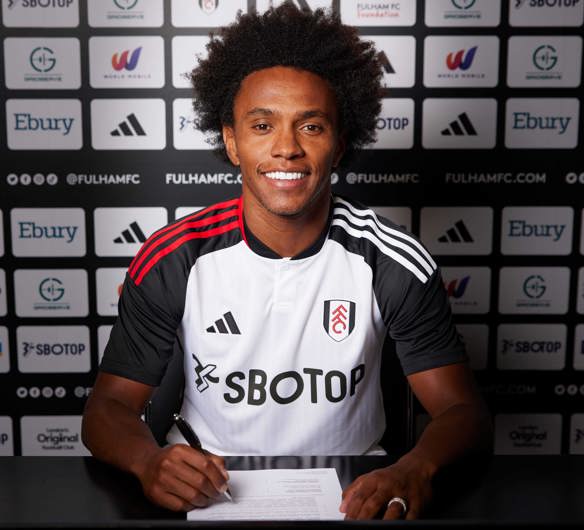
How To Become A Better Soccer Player
If you want to become a better soccer player, check out this 3-minute video. It’s not just another tutorial — it’s designed to help you understand your true potential as a soccer player.
Whether you’re a beginner or advanced player, the video explains how to improve your skills, develop your mindset, increase soccer IQ, and enhance your physical fitness.
You can start playing better, getting more respect from teammates, impressing your coaches, and performing with confidence under pressure.
Watch the video and discover how can your player transformation today:
Improve Your Game Today
Imagine the satisfaction of looking back and realizing that today was the day you decided to push yourself a little harder, run a little faster, and train a little longer. Tomorrow’s success is built on the decisions you make today.
Don’t wait for the perfect moment; make this moment perfect by committing to your improvement. Greatness isn’t found in procrastination — but by taking action today.
Seize the opportunity, embrace the challenge, and make a positive step towards your success. The future you want, is created by the decisions you make today.
If you really want to take another strong step in the right direction…
( continue reading )
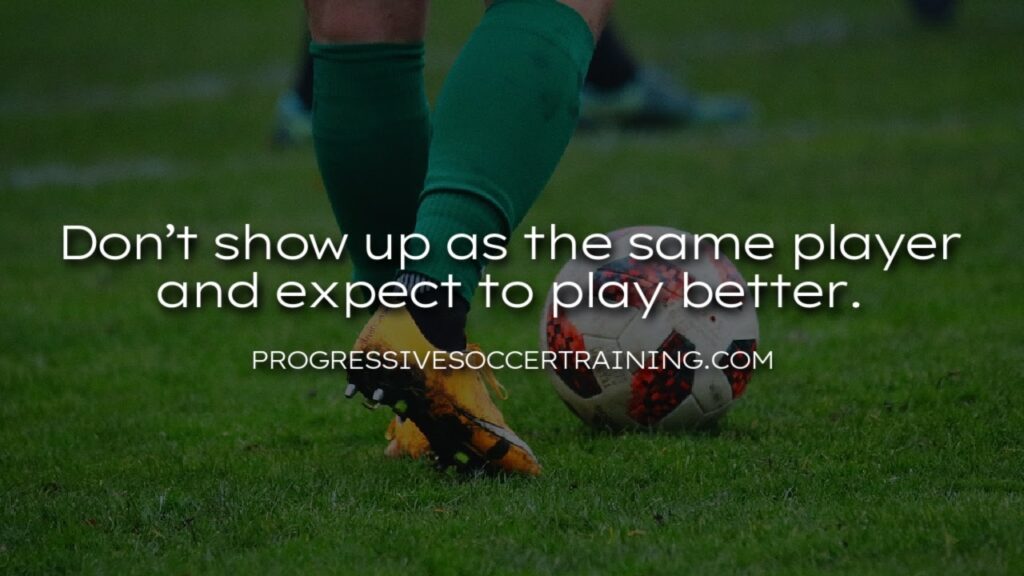
Free Soccer Planner
Are you tired of feeling like you’re not making progress in your soccer skills? Do you want to have a more organized and effective training routine? Do you struggle with setting and achieving your soccer goals?
If you answered yes to any of these questions, the Soccer Success Planner is for you. This planner will help you stay motivated, focused, and help you achieve your goals.
Set clear goals, track your progress, and stay accountable to yourself. With helpful prompts and exercises, you’ll be able to identify your strengths and weaknesses, plan your training sessions, and maximize your performance on the field.
Start taking control of your success in soccer! You can download it here (it’s 100% FREE) – The Soccer Success Planner
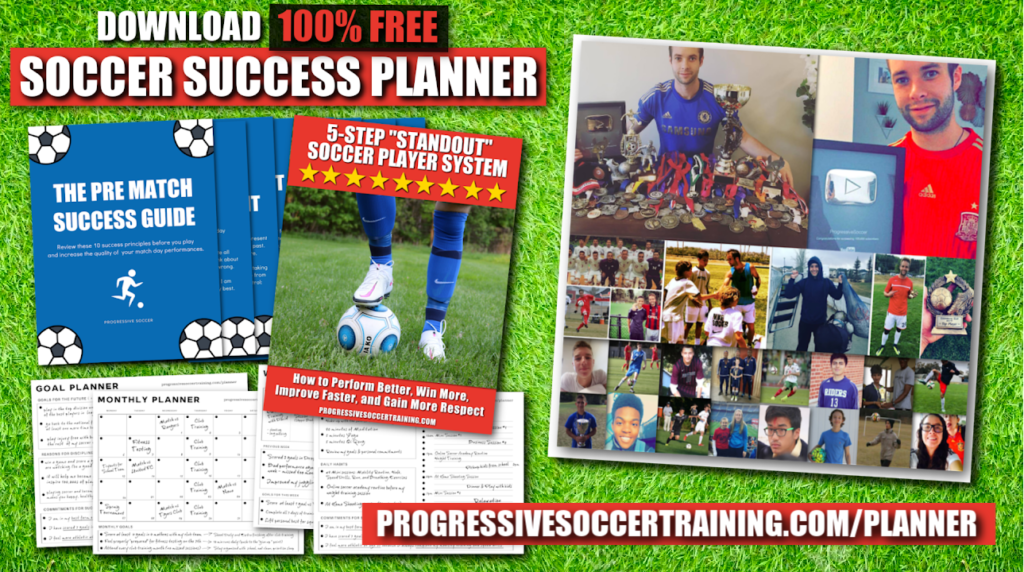
Want To Improve Faster?
Not getting better at soccer? Confused about how to train effectively? Maybe you’re worried that you won’t be properly prepared for your next big opportunity? Or you just want to standout and actually feel respected by your teammates, coaches, and friends?
Whatever struggles you’re going through, The Online Soccer Academy is the best solution to help you overcome obstacles and achieve goals. Thousands of satisfied players have already used this program to achieve incredible results in record time.
With expert coaching, structured player development systems, and easy-to-follow training routines, it’s guaranteed to elevate game.
Join today and start experiencing the transformation you’ve been waiting for! Get more information here – The Online Soccer Academy

About The Author
I used to be a soccer player who struggled with self-confidence. I felt slow, weak, and unmotivated. My coaches didn’t pay much attention to me, my friends laughed at my lack of skills. At one point, I even became so discouraged that I quit the sport altogether.
Enough was enough. I decided to take control of my own development and set out on a journey to become a better soccer player. This path led me on an incredible journey of self-improvement.
I went on to win league and goal-scoring titles, earn awards, lift trophies, and received a college scholarship. I’ve even earned international caps for my country.
I started sharing my knowledge, teaching others how to become the best soccer players they could be. My YouTube channel grew to over 500,000 subscribers. I coached for top youth clubs and men’s teams. Then started my own soccer academy.
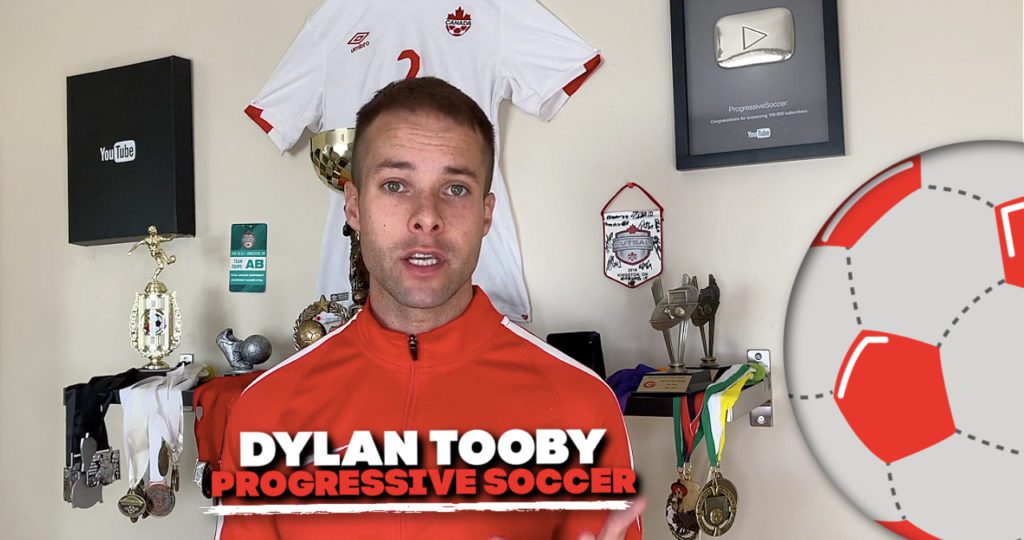
Become A Better Soccer Player
But enough about me, let’s focus on you.
If you’re looking to improve your skills, let’s take your soccer game to the next level. I want to help you make a noticeable change in style of play and overall performance on the field.
I’m passionate about helping players achieve their goals in soccer, and I’d love to be a part of your journey. I can help you reach your goals faster and achieve more in this sport, but I won’t force you. If you’re ready to take the next step, here’s what I suggest you do:
1) Download The Soccer Success Planner (FREE)
2) Apply To The Online Soccer Academy (Limited Spots)

Want more soccer training content?
Here are some related soccer articles (and videos) you might enjoy:
How To Become A Better Soccer Player in 1 Day
From Failure To Top Goal Scorer
Wishing You Success In Soccer
Coach Dylan
Progressive Soccer
Thank you for reading this article:
How Do Soccer Contracts Work? Explained In Simple Terms
